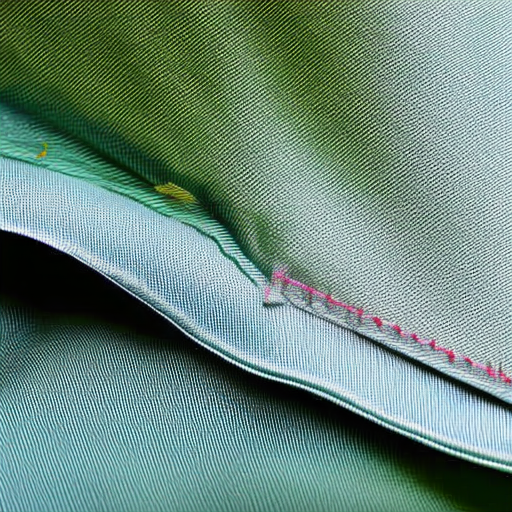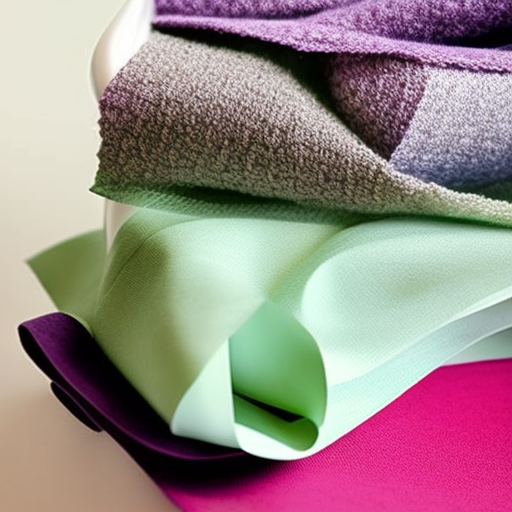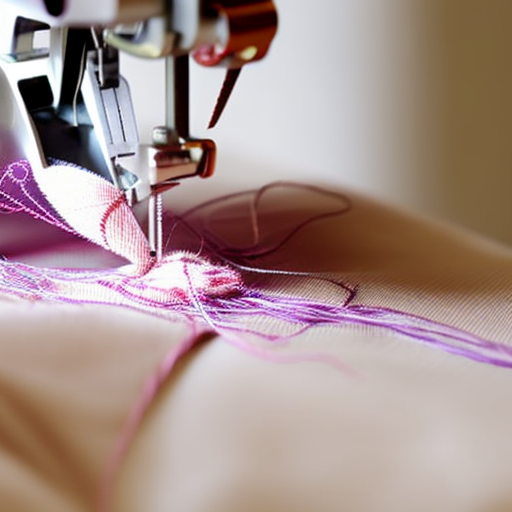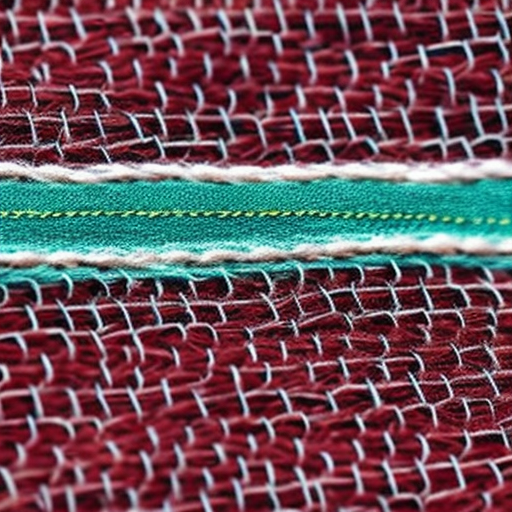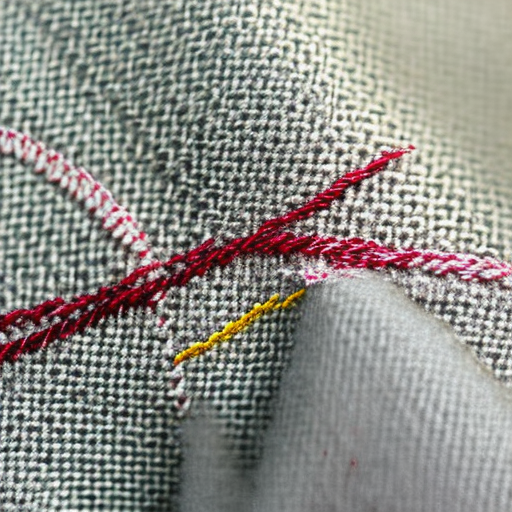
Introduction
Sewing your own pants can be a rewarding and cost-effective way to add stylish and perfectly fitted bottoms to your wardrobe. Whether you are a beginner or an experienced seamstress, mastering proper sewing techniques is essential for achieving professional-looking results. In this article, we will cover some useful tips and techniques to enhance your pant sewing skills.
Choosing the Right Fabric
Before diving into the sewing process, it’s crucial to select the appropriate fabric for your pants. Opt for fabrics with a good amount of stretch like denim, cotton twill, or linen blends. They provide flexibility and comfort, ensuring ease of movement.
Taking Accurate Measurements
Accurate measurements are key to creating well-fitted pants. Use a measuring tape to determine your waist, hip, inseam, and rise measurements. These measurements will help you choose the correct pattern size and make necessary adjustments to achieve a perfect fit.
Pattern Selection and Alterations
Selecting the right pattern is crucial for your pants project. Pay attention to the style and fit details to match your preferences. If needed, make alterations to the pattern to accommodate your specific measurements. Common adjustments include lengthening or shortening the inseam or adjusting the waistband.

Pinning, Cutting, and Sewing
When cutting the fabric, make sure to follow the pattern carefully, aligning it with the fabric’s grain. Pin the pieces together before sewing to ensure accurate alignment and a smooth fit. Use appropriate sewing techniques such as straight stitches, reinforced seams, and appropriate seam allowances to ensure the durability and longevity of your pants.
Inserting Zippers and Buttons
Zippers and buttons add functionality and style to your pants. To insert a zipper, mark the placement, sew the zipper tape to the seam allowances, and create a neat finish. For buttons, reinforce the fabric with interfacing and create buttonholes that match the size and style of your buttons.
Finishing Touches
After completing the main construction, focus on giving your pants a polished look. Consider hemming the bottom edge, adding belt loops, and attaching any additional design elements like pockets or decorative topstitching.
Conclusion
Sewing pants requires patience, attention to detail, and a good understanding of the techniques involved. By selecting the right fabric, taking accurate measurements, making pattern alterations, and using proper sewing techniques, you can create stylish and well-fitted pants that you’ll be proud to wear. Happy sewing!
